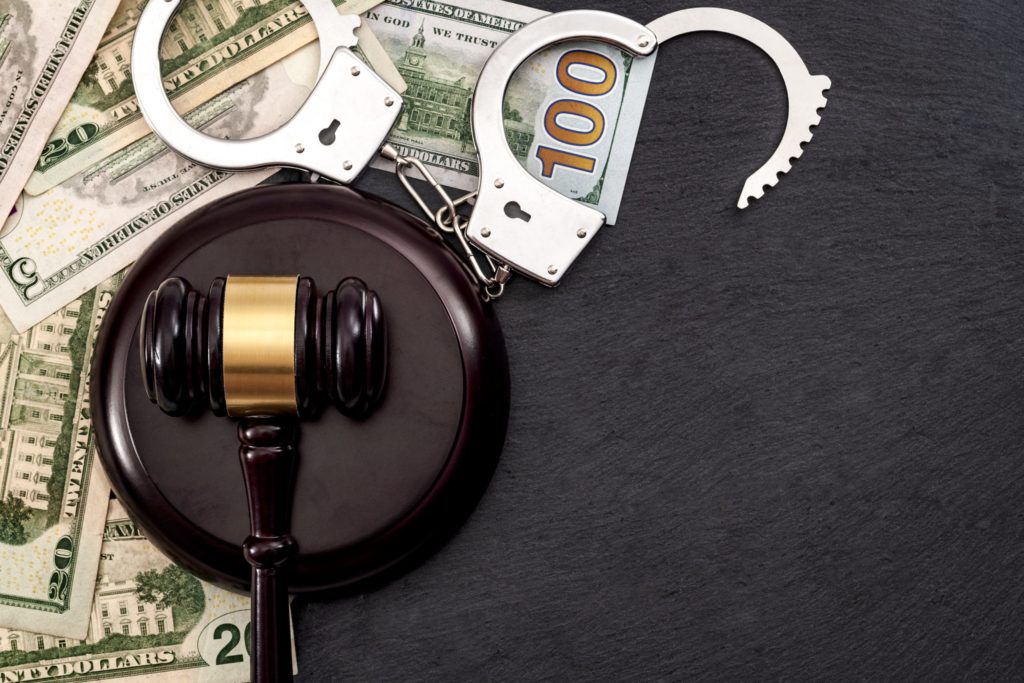Congress, not DOJ or the courts, should decide whether to update music-copyright framework
Tom Lehrer’s famous recording of his song “New Math” begins with the joke that, in teaching basic mathematics in the New Math way, “the important thing is to understand what you’re doing, rather than to get the right answer.” Lehrer’s confusingly rapid, complicated rendition of the song winds up with the ominous pronouncement that, in his next evening’s performance, “We’re gonna do…fractions.” In the world of music licensing, getting the right answer—an answer that makes it easier to license music while preserving the rights of copyright-holders—seems not to be focus of U.S. Department of Justice’s recent inquiry into the consent decrees that govern how the two largest U.S. performancerights organizations (PROs)–the American Society of Composers (ASCAP) and Broadcast Music Inc. (BMI)–license music copyrights to restaurants, bars and other businesses that play music in their venues. In fact, the DOJ’s proposals appear to stir more anxiety in a broader variety of stakeholders than the New Math ever did.
One may wonder what “consent decrees” are and how the Justice Department got into the job of licensing music copyrights. The short answer is that, for 75 years, both ASCAP and BMI have operated under structured, ongoing court settlements that resolved the DOJ’s antitrust lawsuits against both PROs. We call these settlements “consent decrees” because parties on both sides of the cases have “consented” to the settlement, which requires ongoing court administration. Despite frequent invocations of “free-market” principles by music companies and PROs, it’s a simple fact that there’s been nothing like a free market in music copyrights for at least 75 years. The period arguably is even longer, if one looks back further to the Copyright Act of 1909 and its creation of compulsory licenses for mechanical recordings (later known as “phonorecords”) of copyrighted musical works without the consent of the copyright holders.
Predating the consent decrees are the two major American PROs themselves, which, as the Copyright Office puts it in its 2015 report, are viewed as both as “a blessing and a threat”:
Licensees laud the efficiencies of the blanket licenses they offer while at the same time bemoaning the societies’ perceived bargaining position as a result of that very breadth. Songwriters, for their part, are deeply concerned about the potential loss of transparency in reporting and payment, should major publishers opt to withdraw from the PROs and license performance rights directly—as some publishers have suggested they may do in a quest for higher rates than those set by the rate courts under the consent decrees.
The PROs are in the odd position of receiving praise for the predictability and efficiency they bring to rate-setting in music copyrights, while simultaneously being suspected or accused of lacking transparency and true understanding of what market prices for blanket licensing should be. They’re in the uncomfortable position of trying to find a middle ground—one that isn’t restricted by the consent decrees but in which they’re deemed sufficiently necessary that the music publishers will want them to continue to play some role, either under modified consent decrees or under an end to consent decrees altogether.
The key thing to remember, if you like the predictability of the consent-decree rates and potential for transparency that the PROs provide under the consent decrees, is that for consent decrees to work, music copyright publishers—and not just the PROs—have to actually consent to them. And this is something some music publishers increasingly are disinclined to do, either because they believe they can get more revenue from direct licensing to internet companies or because they believe their catalogs are so artistically necessary to the general public that they can pull all their music rights for internet and non-internet licensees alike from the PRO/consent-decree licensing regime.
As a result of recent consolidation among music publishers, the top three music publishers now hold more than 73 percent of music-composition copyrights for physical plus digital distribution. It’s thus possible for any of the top three publishers to withdraw their catalogs from the ASCAP and BMI consent-decree frameworks and, in doing so, affect the PROs’ ability to function effectively as a way to ensure performance rights can easily be licensed.
The PROs’ administrative costs don’t decline when one or more of the big publishers withdraws its catalog, even if their revenues do. They thus have been eager to earn DOJ support for modifying the consent decrees to allow publishers to “partially withdraw” internet-related licensing rights. The combined result of the DOJ’s inquiries and the U.S. Copyright Office’s efforts to clarify what it thinks the DOJ may be getting wrong is that everyone steeped in these issues now must worry about what unintended consequences a new revision of the consent decrees might bring.









